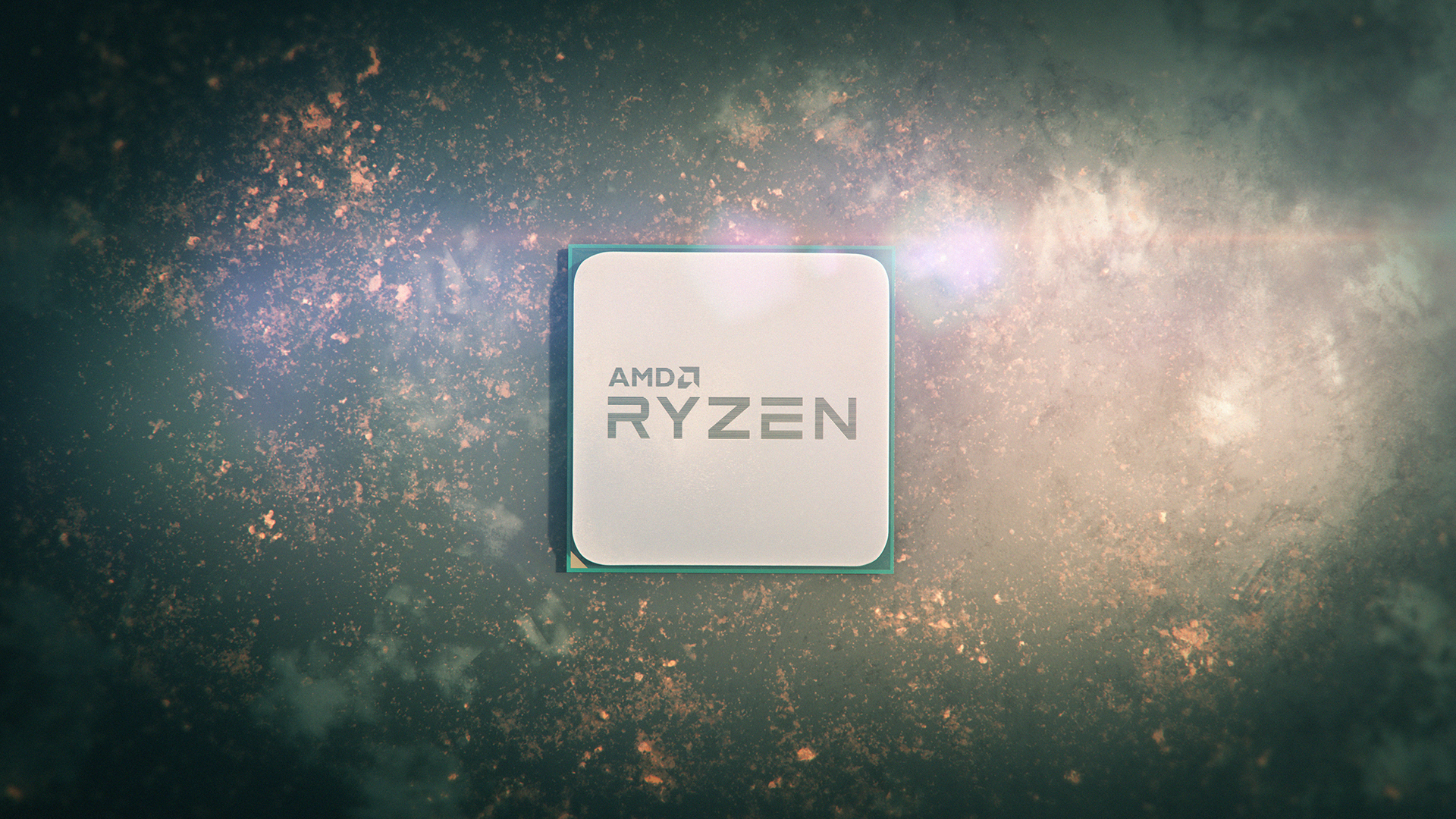AMD Ryzen 9 3950X ‘golden’ CPUs will offer better performance for a lot more money
Silicon Lottery’s chips offer better overclocking performance, guaranteed – but the best CPUs are seriously pricey

Sign up for breaking news, reviews, opinion, top tech deals, and more.
You are now subscribed
Your newsletter sign-up was successful
AMD’s new flagship Ryzen 9 3950X goes on sale via Silicon Lottery on December 11, offering those keen to get a ‘golden’ pre-binned CPU with a good guaranteed overclock speed the chance to grab one of these – at a cost, naturally.
It's quite a considerable premium if you want the best chip Silicon Lottery is selling over in the US, which at $1,500 (around £1,140, AU$2,200) is double the recommended asking price. That gets you a Ryzen 9 3950X with a guaranteed overclock to 4.15GHz across all 16-cores (given the retailer’s usual caveats regarding matching components).
- AMD’s winning streak will continue into 2020 promises CEO
- We've chosen all the best graphics cards
- These are the best processors
Lesser processors are also being sold with a guaranteed 4GHz costing $850 (around £645, AU$1,240), a 4.05GHz chip is pitched at $900 (around £685, AU$1,320), and a 3950X that can hit a guaranteed 4.1GHz runs to $1,050 (around £800, AU$1,540).
That’s quite a massive leap in price if you want the extra 0.05GHz the very top chip will give you (it’s almost 50% more than the model down from it). The performance gains for this sort of money are certainly highly questionable – but Silicon Lottery doubtless pitches its prices at a level the retailer believes people will pay, based on what enthusiasts have previously stumped up.
Silicon Lottery also shared a breakdown of what percentage of Ryzen 9 3950X processors could be pushed to certain overclock levels. As highlighted by a denizen of Reddit, every single chip it tested could reach 4GHz across all cores (compared to the base clock of 3.5GHz).
Almost all the CPUs – 92% of them – could hit 4.05GHz, but only just over half (56%) were capable of reaching 4.1GHz. The pinnacle of 4.15GHz was only achievable by one in five processors (19%).
It’s not clear how many chips were tested by Silicon Lottery to produce these stats, but it’s likely to be a fairly small sample size we’d imagine.
Sign up for breaking news, reviews, opinion, top tech deals, and more.
While the percentages detailed here might not look as strong as what we saw with the previous statistics Silicon Lottery supplied for the 3900X, they actually seem pretty decent when you consider that the new 3950X flagship is being ramped up across 16-cores here.
Conservative clocks?
Plus as the folks on Reddit point out, a per CCX overclock (the 3950X is split into two CCXs, so this is essentially half the CPU cores), rather than all-core, could result in much better dividends for one CCX – plus anecdotally, some are saying that Silicon Lottery’s overclocking results look conservative anyway. There are reports of folks managing to push their 3950X chips further – with several managing 4.3GHz all-core – with top-notch cooling, of course.
However, in the big picture, Ryzen 3000 chips are still rather short on overclocking headroom (although that’s not necessarily a bad thing for your average buyer, as we’ve discussed before).
Remember that even if you buy a Ryzen 9 3950X from a normal retailer, you might still luck out and get a great chip with a ton of overclocking potential (what you’re paying for with Silicon Lottery is a guaranteed level of performance). Although actually trying to purchase a 3950X is very difficult right now, anyhow, with retailers still having no stock – and your only option being to pay inflated prices from the likes of third-party sellers or eBay.
Silicon Lottery is also selling a pre-binned Ryzen 9 3950X with a guaranteed FCLK of 1900MHz (meaning boosting the performance of memory and Infinity Fabric, rather than cores). Note that only 12% of 3950X chips were capable of this, which seems like a disappointing number.
Via Wccftech
Darren is a freelancer writing news and features for TechRadar (and occasionally T3) across a broad range of computing topics including CPUs, GPUs, various other hardware, VPNs, antivirus and more. He has written about tech for the best part of three decades, and writes books in his spare time (his debut novel - 'I Know What You Did Last Supper' - was published by Hachette UK in 2013).